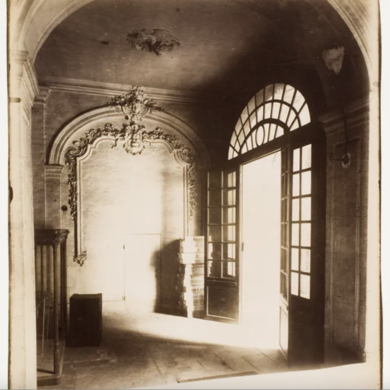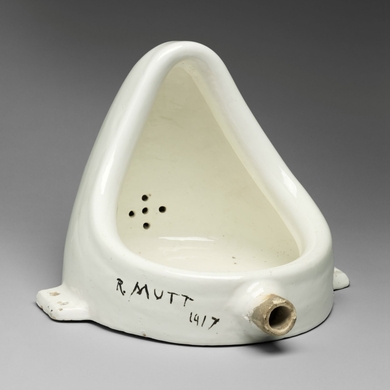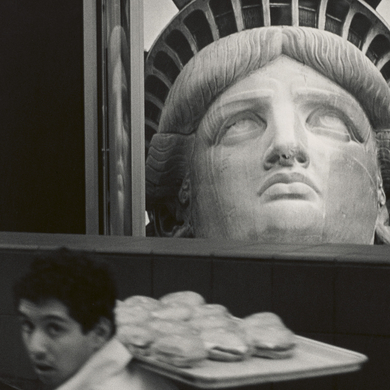The early 1900s was an era of manifestos, both political and artistic, and a time when design could change the world. At the heart of the tumult was Josef Hoffmann, whose vision is as powerfully influential in our day as in his own. Born in 1870, to a prosperous German family in what was then Moravia, Hoffmann’s teen years were full of failure. After intense arguments with his family, he transferred to the well-regarded State Technical School, in Brno, where he could study architecture. He had found his path. Eventually, Hoffmann joined with Gustav Klimt and other progressives to found the Vienna Secession, a movement that preached a “total art”—a Gesamtkuntswerk. In 1903, he and the painter Kolo Moser pushed further still, forming a workshop, the Wiener Werkstätte, to guarantee that the crafts would have equal status with the fine arts. The MAK celebrates the 150th anniversary of Hoffmann’s birth with this major retrospective. —Lewis Jacobsen
Arts Intel Report
Josef Hoffmann: Progress Through Beauty

When
Dec 14, 2021 – June 19, 2022
Where
Etc
Josef Hoffmann, “Pendant for the Wiener Werkstätte,” 1907 © MAK/Katrin Wißkirchen.



